A construction accident report is a crucial sample document that details unfortunate incidents at construction sites. These reports serve to document the specifics of accidents, including date, time, location,…
continue readingHowever, business plans have long been a critical document for start-ups and growing businesses alike. Many business owners have made the mistake of springing into action without having a definite plan in place. While there have been instances where a business had managed to come out alive, it’s still a risk that could potentially result in a huge loss for the company. Thus, developing a business plan that suits your goals and ideas is an essential ingredient to success.
How to Make the Perfect Business Plan (With 20+ Samples)
Browse through the following samples to see how business plans are made in different industries.

Bakery Business Plan
Secure a detailed business plan to ensure your bakery thrives in a competitive market.

Bar Business Plan
Start or expand your current bar with this business plan.
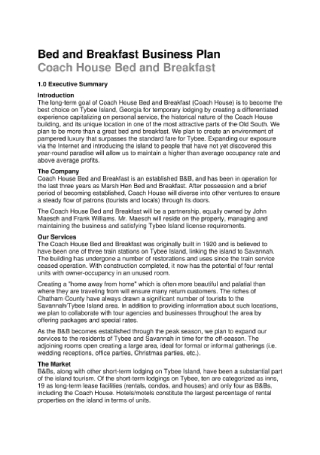
Bed-and-Breakfast Business Plan
Plan, start, and grow your bed-and-breakfast business using this sample.

Brewery Company Business Plan
Open your own brewery company with the help of a strategic business plan.
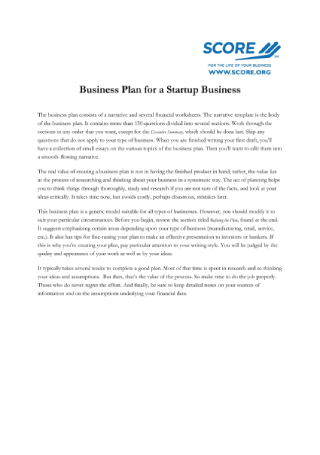
Business Plan for a Startup Business
Download this business plan to get your start-up on its feet.

Café Business Plan
Plan for success with guidance from this café business plan.
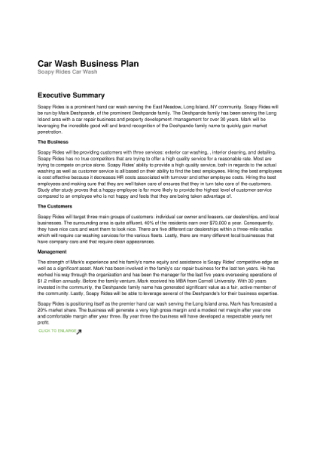
Car Wash Business Plan
Draw a road map for your car wash business through proper planning.

Child Development Business Plan
Refer to this child development business plan to kick-start your business the right way.

Discount Pharmacy Business Plan
Cater to the needs of patients by designing a business plan for your discount pharmacy.
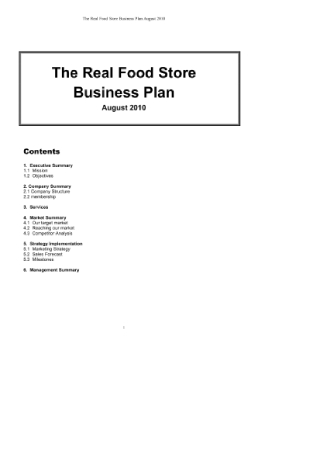
Food Store Business Plan
Stand out from the competition with the help of a strategic business plan for your food store.

Freight and Logistics Business Plan
Download this business plan to effectively provide packing and crating services to clients.

House Cleaning Service Business Plan
Draft a fitting business plan to make your house cleaning services known to customers.

Juice Hut Business Plan
Own a juice hut? Brainstorm and develop a business plan to attract potential customers today!
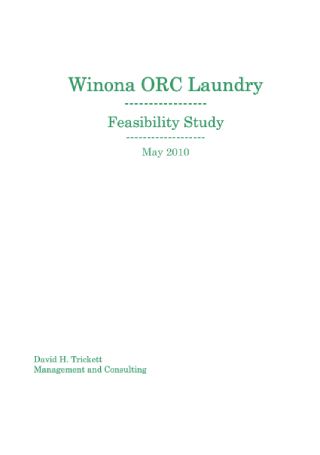
Laundry Service Business Plan
Give your laundry service idea the structure and direction it needs through a formal business plan.
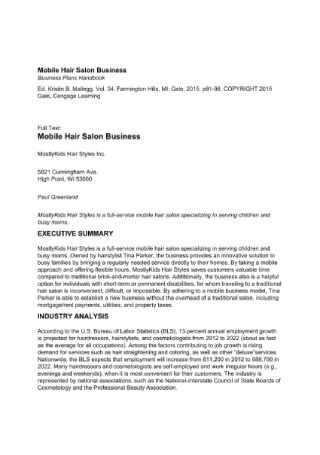
Mobile Hair Salon Business Plan
Use a business plan to present an overview of your hair salon business to clients and investors.
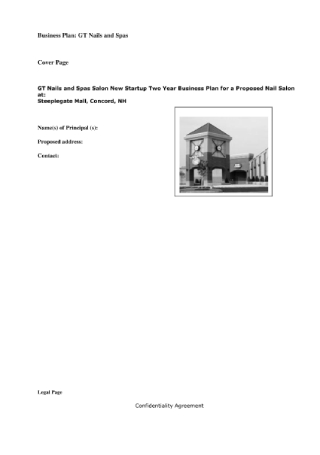
Nail Salon and Spa Business Plan
Start your own salon and spa through a carefully designed business plan.
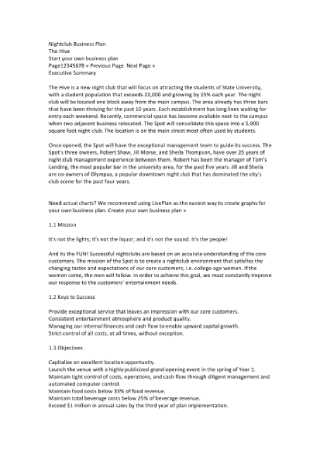
Nightclub Business Plan
Fulfill your dream of running a nightclub downtown with the help of this business plan.

Photo Business Plan Workbook
Use this workbook sample to write a promising business plan for your photography business.
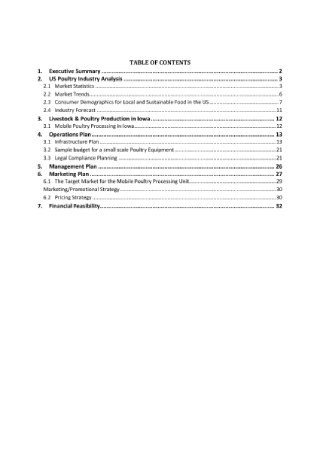
Poultry Business Plan
Implement a rock-solid plan for your poultry business through the use of this sample.

Primary School Business Plan
Set out a strategic direction for your primary school with this business plan sample.
What Is a Business Plan?
Business plans are considered to be the very foundation of a business. They build a road map that will guide you through each stage in the process of planning, developing, implementing, and managing your business. This can be vital for a business that aims to acquire funding from an investor or gain new business partners for future ventures. This is also a tool that will convince investors that your ideas are worth investing in and that working with you is a smart choice. By outlining your goals and providing the details on how you plan to obtain those goals, you are able to paint a vivid picture of where your business is currently at and where it hopes to be in the coming years.
Steps to Writing a Business Plan
Now that you understand what a business plan is and why you need one, it’s time to roll up your sleeves and put pen to paper. You might feel intimidated about the whole concept of writing a lengthy material, but most business plans aren’t as long as some people expect them to be. A lot of business plans are made brief yet detailed enough to serve their intended purpose. The secret to getting your business off the ground is to design a business plan that is of value to your target audience. So to get started, take note of the following steps:

